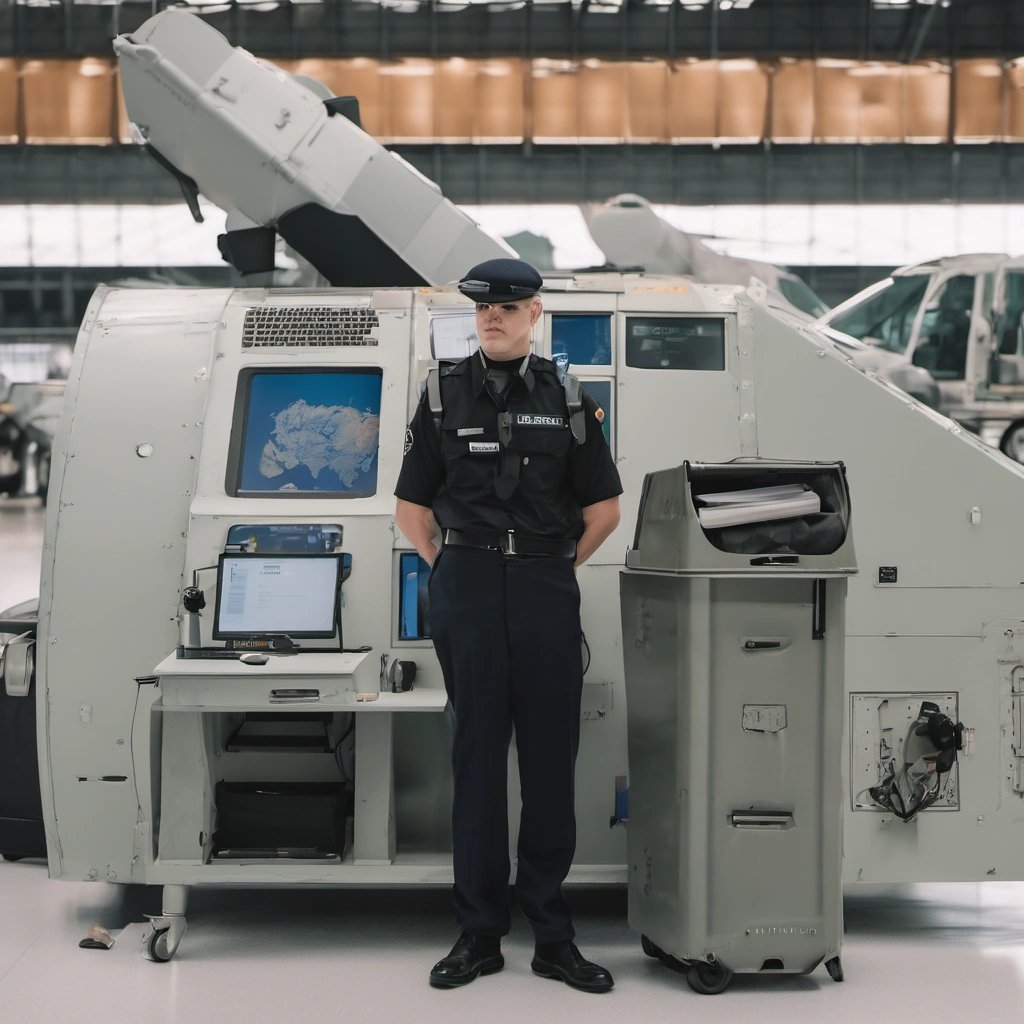In a recent study conducted by security experts, a surprising solution has emerged for enhancing airport security in the United States. The recommendation? Installing NASAMS (National Advanced Surface-to-Air Missile System) batteries at every domestic airport across the country. This unexpected proposal has raised eyebrows and sparked a debate among lawmakers, aviation authorities, and the public.
The NASAMS is a highly advanced air defense system designed to protect valuable assets from airborne threats. Originally developed by Norway, the system has gained recognition for its exceptional effectiveness in safeguarding critical infrastructure and military installations. Now, experts argue that airports, with their high visibility and potential vulnerability to terrorist attacks, could greatly benefit from the deployment of this cutting-edge technology.
The study highlights the following key advantages of installing NASAMS batteries at domestic airports:
Improved Detection Capabilities: The NASAMS system is equipped with advanced radar and sensor technology, enabling early detection of airborne threats such as unauthorized drones or suspicious aircraft. By providing airport security personnel with real-time situational awareness, the system can help mitigate potential risks before they escalate.
Enhanced Response Time: With its rapid reaction capability, the NASAMS system can intercept and neutralize incoming threats swiftly and effectively. This quick response time can significantly reduce the potential damage caused by hostile aircraft or other airborne threats, ensuring the safety of passengers and airport personnel.
Deterrence Factor: The mere presence of NASAMS batteries at airports serves as a strong deterrent to potential adversaries. The robust air defense capability sends a clear message that airports are well-protected and any attempt to breach their security will be met with a swift and decisive response.
While the proposal has its merits, there are also valid concerns and considerations that must be taken into account. One key aspect is the cost of implementing the NASAMS system across all domestic airports. The expenses associated with the acquisition, installation, and maintenance of the batteries could be substantial. Additionally, training airport personnel to operate and maintain this advanced technology would require significant investment.
Another factor to consider is the potential impact on air travel operations. The presence of NASAMS batteries might require adjustments to flight paths, which could lead to delays or logistical challenges. However, proponents argue that the enhanced security measures provided by the system would outweigh any temporary disruptions and ensure a safer aviation environment in the long run.
As the debate around this unexpected recommendation unfolds, it remains to be seen how lawmakers and aviation authorities will respond. Balancing the imperative to strengthen airport security with the practical implementation challenges and associated costs is undoubtedly a complex task.
The study's findings have ignited a nationwide conversation about the future of airport security in the United States. Experts, lawmakers, and the public at large are closely examining the potential benefits and drawbacks of deploying NASAMS batteries at every domestic airport. Is this a proactive measure that will bolster security or an impractical proposal? Only time will tell how this intriguing solution will shape the future of airport security in the United States.




